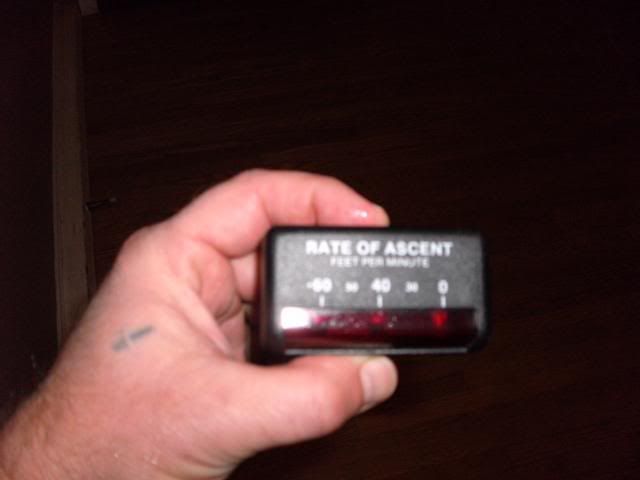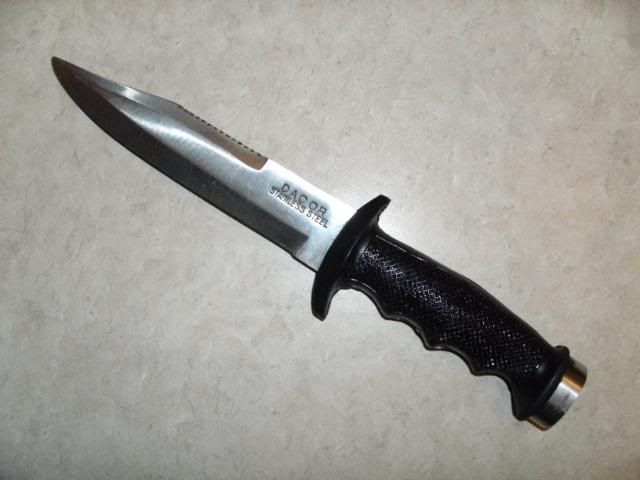You're making assumptions here, and indeed your whole post is indeed full of "loaded questions". I AM a pilot, and I can say that other than in training I have never caused a low height warning or a retracted landing gear warning, or indeed a stall warning, to sound when I wasn't expecting it anyway. NEVER do I wait for any of these warnings before I take the necessary action. In my car I NEVER wait for the low oil pressure light to show, as by then most of the damage has been done. I occasionally set an alarm on a dive computer, for a pO2 or a depth, but I don't think I've EVER had that alarm take me by surprise. The only time I've been taken by surprise by a safety alarm was when my CCR's manual oxygen injection button malfunctioned, and the loop went into a dangerous state in a lot less time than it has taken to write it here.
IMO a diver needs to learn the necessary skills before all else, and may then discover that these "safety" measures are in fact redundant.
I, too, am a pilot. Not commercial, just Private Pilot. You no doubt remember the training exercises we both had to master, and demonstrate, in case of instrument failure. My instructors drilled "seat-of-the-pants" flying skills into my head until I could fly, and land, the plane purely by sight and feel.
In SCUBA, when a diver is completely dependent on equipment for safety, an instrument (gauge/computer) failure can be countered by ending the dive and going to the surface. For a pilot, no matter what has failed, he still has to fly the plane until he can manage to get it safely back on the ground. A pilot has to be able to fly his aircraft with nothing more than stick, rudder and throttle, just in case he suddenly finds himself in a position where that is all he has.
There was a time when SCUBA divers were trained in much the same way. The basic skills were taught first, and students had to demonstrate an adequate mastery of those skills. Afterword, training in use of the "safety" equipment was given. That way, the diver knew how to handle situations of equipment failure.
I am not, in the least, against the development of equipment that makes diving easier and less stressful. I am concerned, however that many current divers rely too heavily on their technology for their safety. Computers, BCs, digital gauges and all the other bells and whistles are great conveniences for those who want to use them. But relying too heavily on these "safety devices", I feel, could actually make diving less safe for the diver who finds himself in the right place, at the wrong time, with an unexpected gear failure.
By all means enjoy the high tech toys if you want to, but do yourself a favor and learn how to dive "by the seat of your pants."






